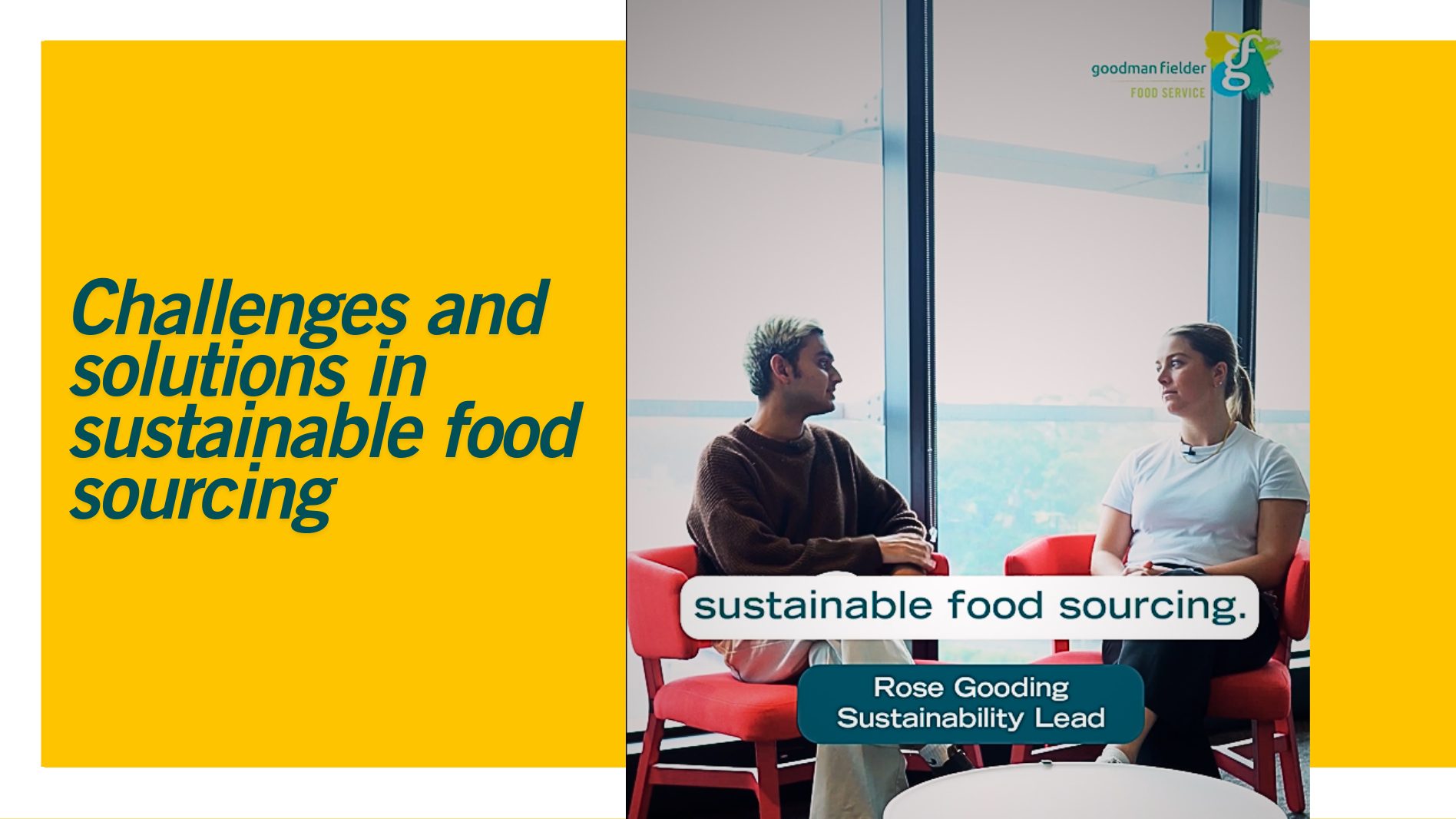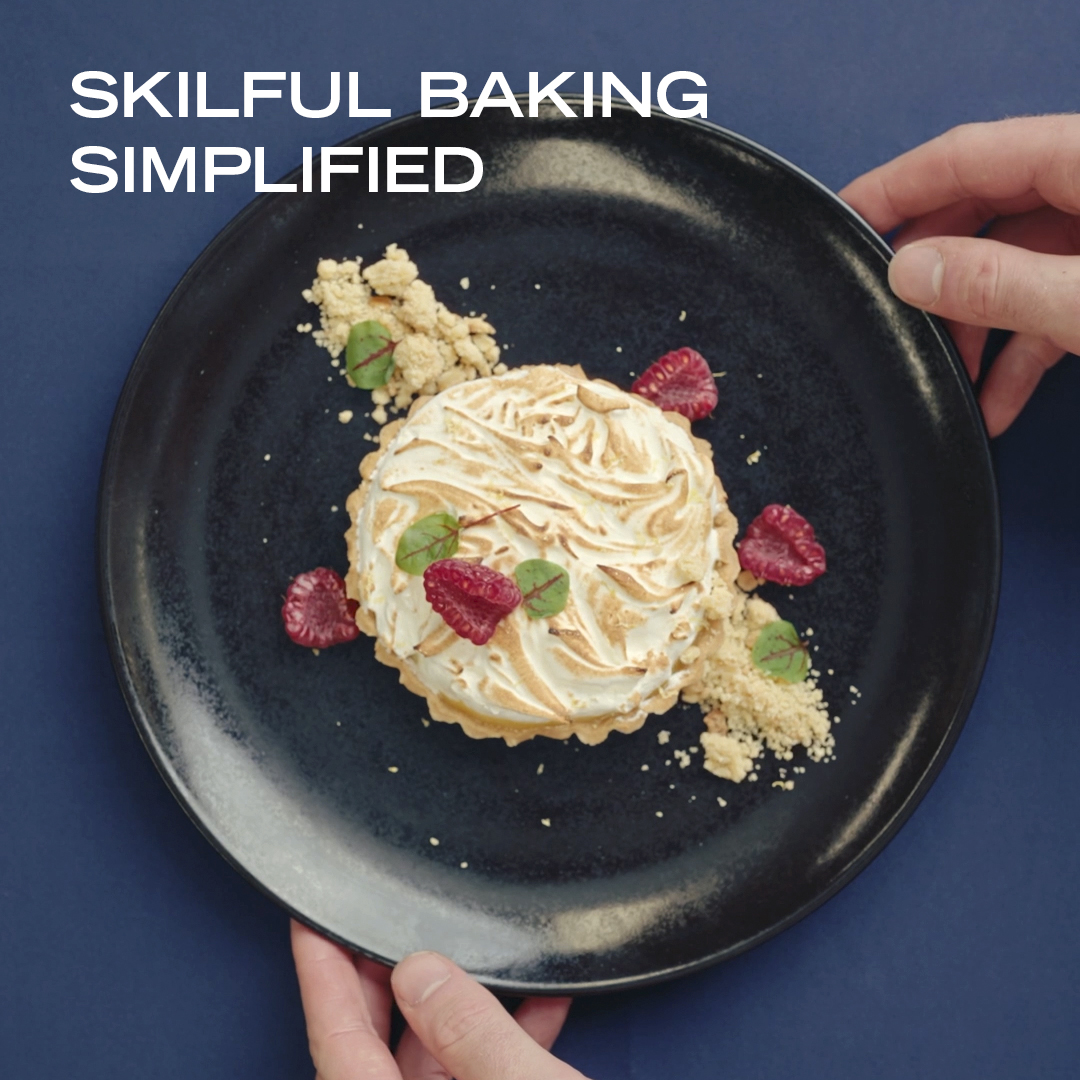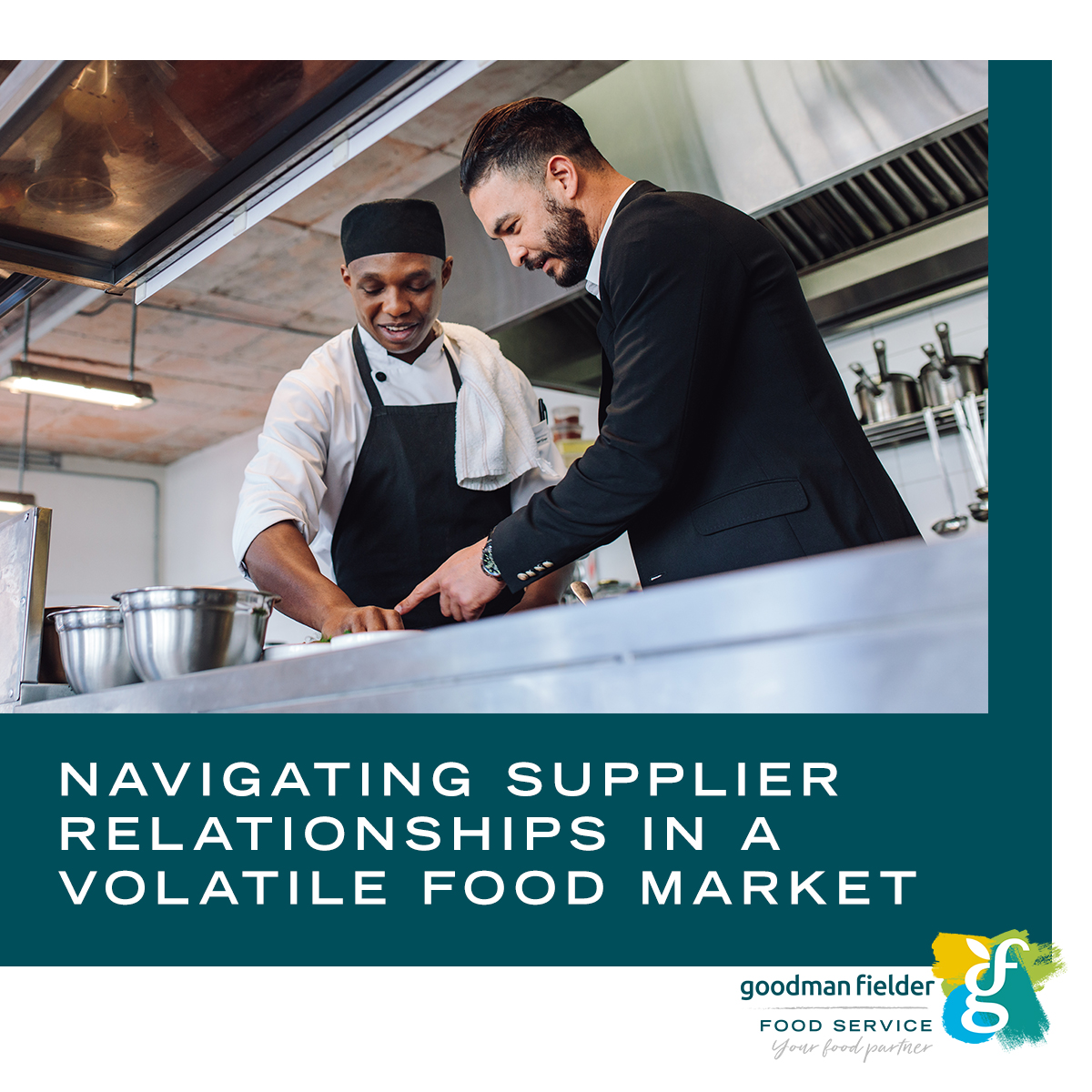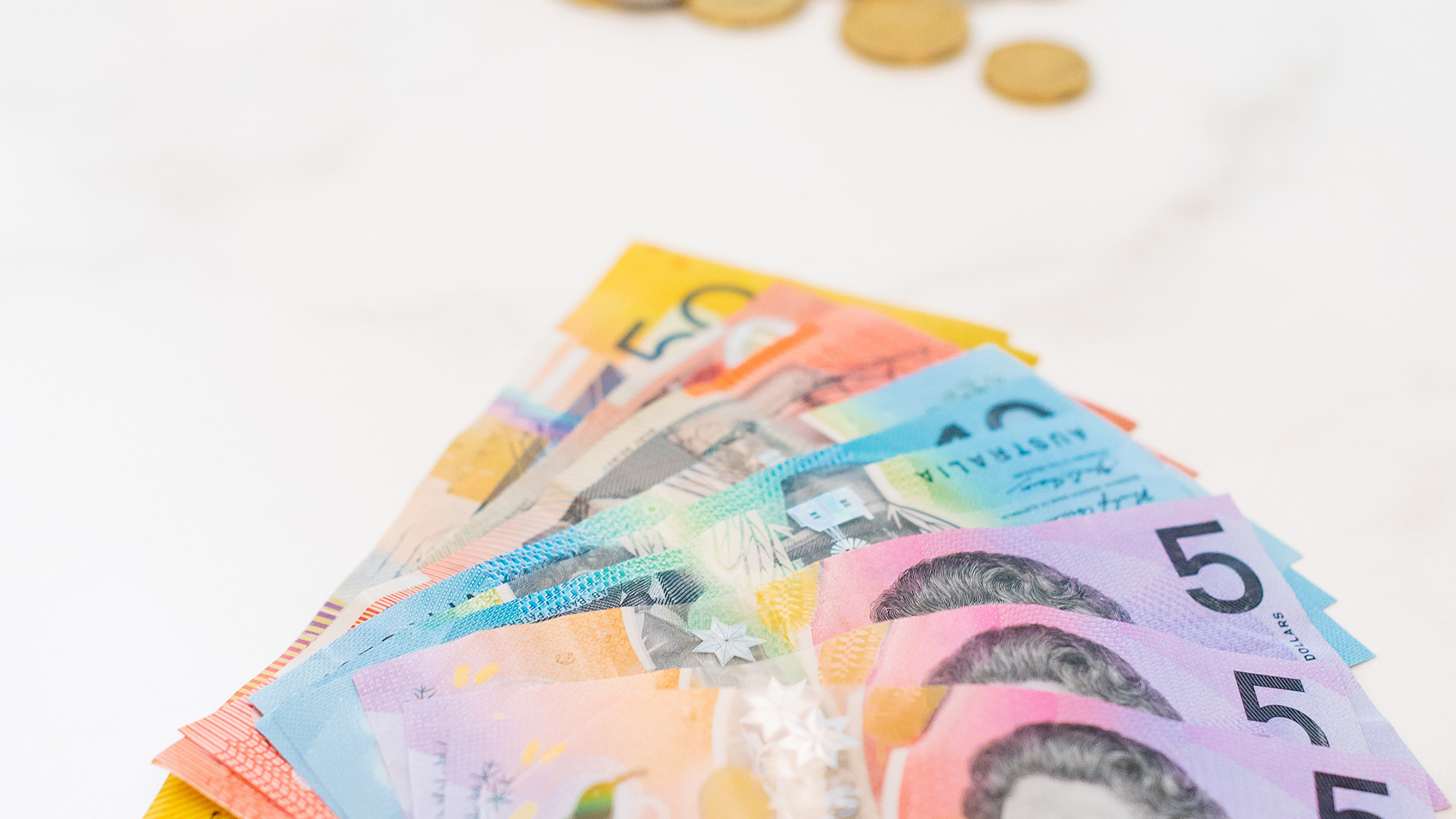
It is tax time again and we all know the feeling of getting ready for the annual visit to the accountant to lodge our claims. The challenge of getting all of the right documents together and searching high and low for those long, lost receipts can sometimes become overwhelming.
So, have you ever wondered how you could set yourself up for a smooth sailing appointment? Well, now you can…and it’s simple, preparation is the key.
We get it, tax time can feel like a chore. Faced with gathering the right documents, receipts and wrapping your head around what you can and can’t claim, can often leads to a lot of people throwing the task into the “too hard” basket. So, what do you have to do to ensure you are prepared for tax time?
During tax time, it is common for individuals to seek rebates for work-related purchases they have made over the last 12 months. To ensure you are prepared, you need to have performed proper tracking of payments during the year and have a clear understanding on what you are entitled to claim. Your tax agent should always be the reference point for this advice.
Developing a habit of documenting your spending and filing proof of purchases from the start of the new financial year will help eliminate the worry and stress when the end of June swings by. “You should be preparing from the first of July because as you go through the year, every time you spend on something that relates to your job you need to have a record of that expense,” H&R Block’s Director of Communications, Mark Chapman told Goodman Fielder Food Service. “If you are organised from the start of the financial year, you won’t have that last minute hassle and everything will be nicely ordered and ready for tax time.”
According to the ATO, to claim a work-related deduction, you must have spent the money yourself, weren’t reimbursed and have a record to prove it. Mr Chapman explained “the rule is, if you don’t have substantiations you can’t claim the expense.”
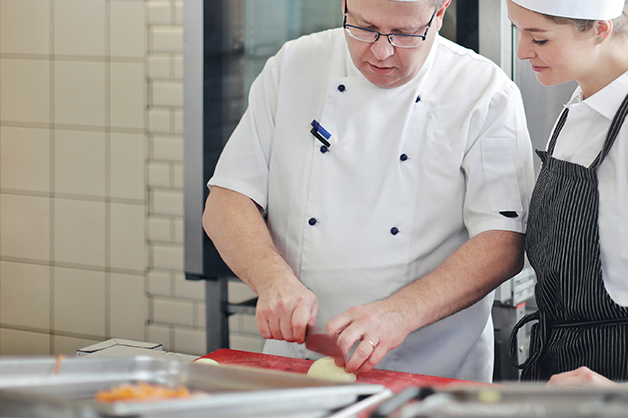
For those working in hospitality, especially chefs, you have the ability to make a claim for cooking equipment that you have purchased and used within your everyday tasks, as long as it was not supplied or reimbursed by your employer. As a guide, eTax Accountants have highlighted the below as possible tax reimbursement options:
- Knives and sharpeners;
- General hand help cooking utensils such as spatulas, wooden spoons, etc;
- Graters, slices and mandolins;
- Electrical appliances such as sous-vide cookers, food processors, etc;
- Saucepans and steamers;
- Cooking dishes;
- Baking trays and tins;
- Piping equipment;
- Crockery and glassware;
- Chopping boards;
- Repair or maintenance costs of work tools and equipment;
- Leasing costs of work related to tools and equipment;
- Cooking books, journals and subscriptions.
Besides equipment to fulfil everyday tasks in the kitchen, you could also be eligible to claim work attire. Whether it is a compulsory uniform that has your venue’s logo on display or the standard chef’s pants, jackets and hats, you can deduct them from your tax statement if they were purchased in that financial year.
According to eTax, if you wear a branded uniform for work, you can claim up to $150 for laundry expenses without receipts, though you must have receipts available. As well as the standardised chef’s uniform, non-slip, steel cap shoes, hair nets, gloves, aprons and goggles are also authorised if a receipt is presented.

On top of tools of the trade and uniforms, many self-educated expenses for work-related courses can be considered tax deductible. Though, courses that are claimed need to be directly related to the current role you are working in, and not previously reimbursed or paid for by your employee.
“If you are purchasing any relevant publications, journals, magazines or articles that are relevant to the profession, they would be tax deductible,” Mr Chapman told Goodman Fielder Food Service. Though, you cannot claim any costs if the training was designed to help you land a new job or lead to another income-earning activity; even if the new role is within the same company or venue.
Educational expenses can be reviewed with your tax agent for eligible claims include:
- Course or tuition fees;
- Travel expenses;
- Equipment costs;
- Computer and phone costs;
- Stationery and textbooks;
- Academic journals;
- Student services and amenities fees.
And while it is handy to know exactly what you can and can’t claim come tax time, you must also ensure you are prepared with the right documents to make the process smooth sailing right from the start. Here’s what you need to gather before lodging you tax statement:
- The cost of making up cash for till or bar shortages;
- The cost of renewing your special employees license (gaming license);
- The cost of hiring equipment for work, such as extra chairs for a function;
- The cost of purchasing hospitality related journals, making work-related phone calls and union membership renewal fees;
- Purchase costs of equipment up to $300 for knives, sharpeners, cooking utensils;
- Purchase costs of equipment used for the job costing more than $300, such as electrical appliances, laptops, etc;
- Interest on loans taken out to purchase work related equipment.
So, while tax time may be stressful for some, it is welcomed by others who have prepared themselves well in advance. So, before you head into your accountant’s office and submit your claim for the year, double check all of the documents and receipts you have on file. Lastly, always check with your tax agent on claims and to ensure the correct preparation of your claim to ensure it complies with the tax laws, which often change.
